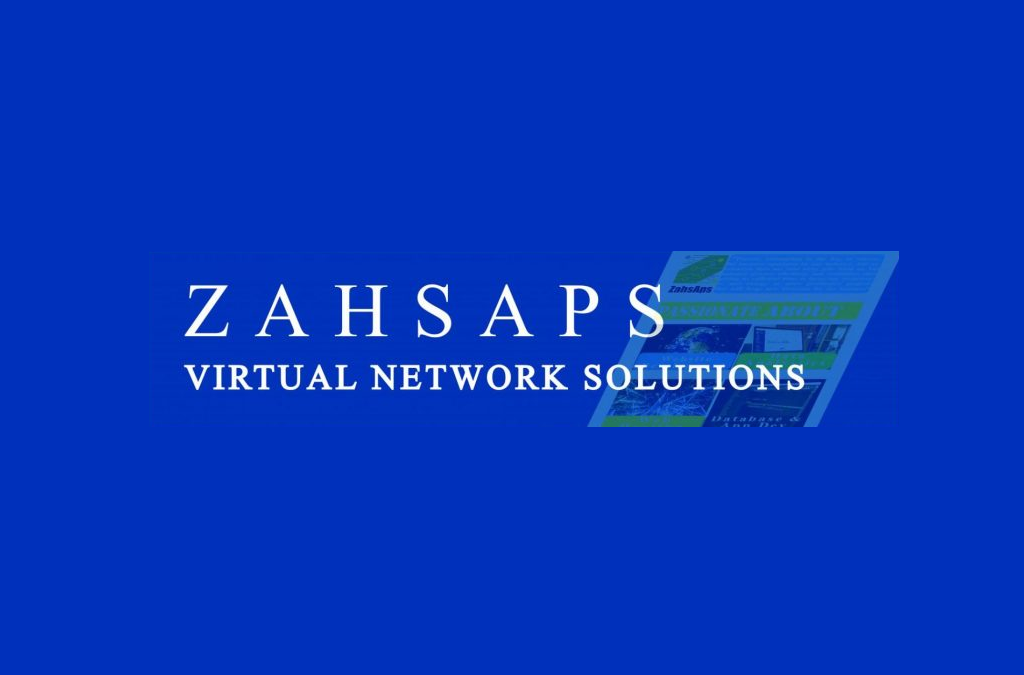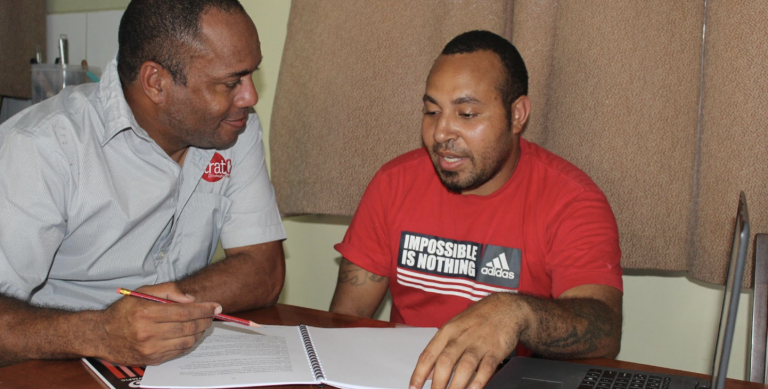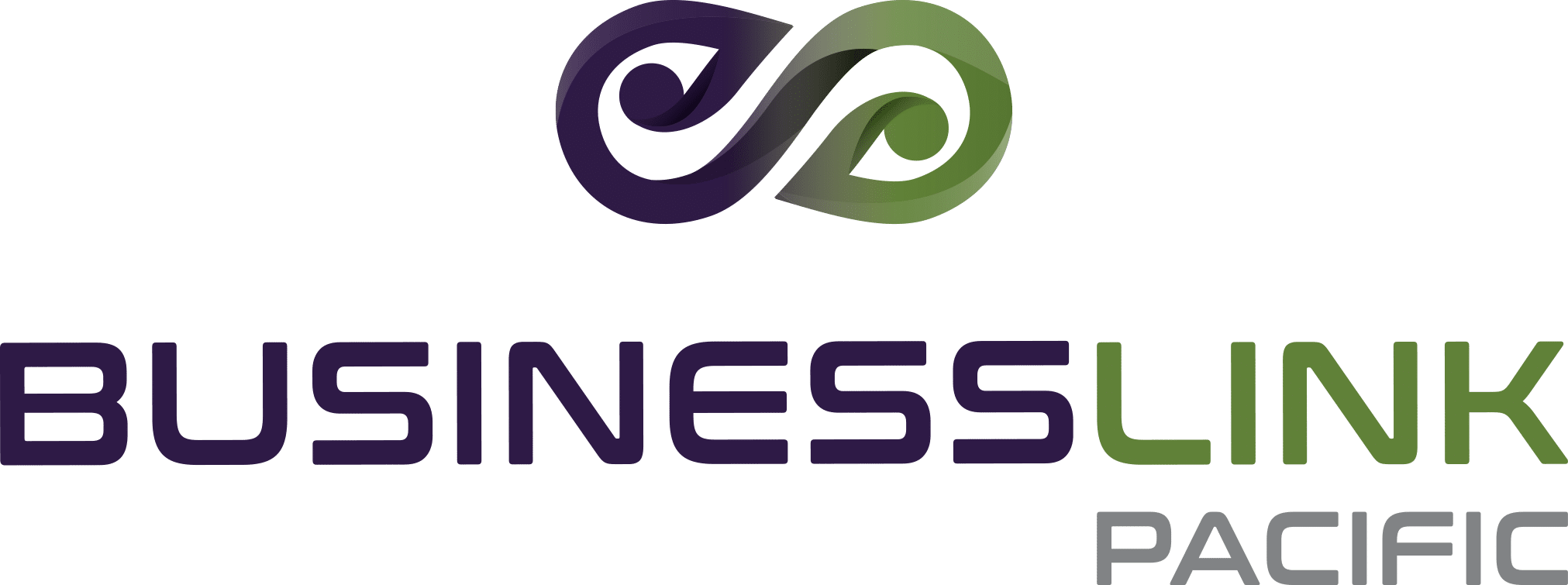
World Day of Social Justice 2019: ZahsAps Uses Data for Development in Papua New Guinea
2019 witnesses two global trends that will transform the way we do business. One is the use of data to predict the needs of consumers, and the second is the growing consumers’ concern with their contribution to social justice and animal welfare. The two go hand in hand, and are already changing Papua New Guinea’s business offer.
Many organizations today have turned their attention to using data differently. Instead of analyzing data to look back at their performance, they are using predictive analytics to forecast the future, so they can respond to market trends and allocate resources efficiently. This could mean investing in value-adding strategies, such as their social impact. Businesses are choosing to address issues that affect their communities, suppliers or customers; their objectives extend over a great spectrum of needs from securing long-term sustainability to increasing brand reputation by associating their brands to solutions to relevant social issues.
Only reliable data can guide responsible decision making. But collecting data isn’t cheap, nor is rounding up a team of data scientists any cheaper. Organizations working to create social change often lack the resources to use data effectively.
This is where a locally owned business, ZahsAps comes in. ZahsAps uses the same algorithms and data-crunching techniques companies use to increase profits, according to its founder, Elizah Posia. Data traditionally showed what happened in the past, but it can be used to look into the future.
“More than just being a matchmaker though,” Elizah says, “we kind of see ourselves as a relationship counsellor where we help organizations manage their projects, and help them see through to completion.”
Apart from private sector solutions for sales and marketing, procurement forecasting and human resource management, reporting and forecasting to name a few, ZahsAps has data management solutions that can assist organizations that influence social justice too.
Social justice is a concept of fair and just relations between individuals and society. This is measured by opportunities for personal activity and social privileges. In Papua New Guinea, the risk of being trapped into low wage jobs and poor working conditions is likely to increase along with dangerous workplace, health hazards, forced child labour and exploitation of various human rights.
“Good data will develop your business. Good data will enhance social justice by enabling efficient and effective decisions that contribute to inclusive and equitable quality education, achieving gender equality and empowering women and girls, reducing inequality, promoting decent work for all, combating climate change and its impacts, among others.”
Elizah says the most important factor in the usefulness of data is not the amount, but how it’s used. That means creating a more data-literate population.
“Data without rigorous analysis, is no better than rhetoric,” he said. “If we’re trying to convince others to change their minds, [it can be difficult], because they’re not trained statisticians.”
“Learning how to take information and figuring what to do with it is important,” he said. “And if you don’t know how to read data to predict the future, it will only reflect what has happened in the past.”
“We will be hosting an information session in Port Moresby in the beginning of the second quarter of 2019 to create an awareness on data management and our services which is open to SMEs, larger corporations, the government, development partners and non-profits.”
Elizah says that’s ZahsAps was able to engage a reputable local advisory service, StratCom (Strategic Communications) through the support of Business Link Pacific.

Andrew Runawery (StratCom) with Elizah Posia (founder of ZahsAps)
“Not all forms of marketing will work for our industry. From ‘adhoc marketing’ last year, we now have a specific industrial plan. To succeed, we needed to a plan of attack. Our strategy required a unique set of eyes that understood our business, the services we offer and it’s cross sectional benefits. This was only achieved through a collaboration between StratCom and ZahsAps with the support of Business Link Pacific,” he said. “Our business review and strategy took some time, but the outcome is worth it. We have a new corporate brand identity and an event that’s specific to our niche market through the BLP subsidy. I am thankful to the New Zealand Government for this.”
World Day of Social Justice is observed internationally on the 20th of February every year, promoting the efforts in tackling the issues of unemployment, poverty, education, justice.
Business Link Pacific is wholly supportive of business advisory services and SME’s in the Pacific that are working to promote social justice in their respective communities through their business practices.
